Medewerkers met het vakgebied Geesteswetenschappen, Multidisciplinaire
Wetenschap ontwikkelt zich waar verschillende vakgebieden samenkomen. Alleen al daarom bestaat er binnen de RUG een grote verscheidenheid aan vakgebieden, met daarbinnen een groot aantal vakspecialisten. Met behulp van onderstaand overzicht, gebaseerd op een vaststaande indeling van wetenschapsgebieden, vindt u op elk vakgebied de juiste deskundige. Komt de deskundige die u zoekt niet voor in deze lijst? Via een vergelijkbaar vakgebied of een gerelateerde faculteit vindt u mogelijk alsnog de juiste persoon.
Overzicht van alle vakgebieden
Digital Humanities, digitaal cultureel erfgoed, mediageschiedenis, media archeologie, digitale media, media technologieën, audiovisuele cultuur, alledaagse mediapraktijken (home movies, herinneringspraktijken) documentairetheorie en geschiedenis,... lees meer
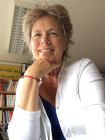
Contact
Functie
Hoogleraar Digital Humanities
Vakgebied
Paleografische kennis van het Nederlands en Duits op wetenschappelijk niveau. Combinatie van doctoraal kunstgeschiedenis, archivistiek op wetenschappelijk niveau en kunstonderwijs op HBO-niveau.
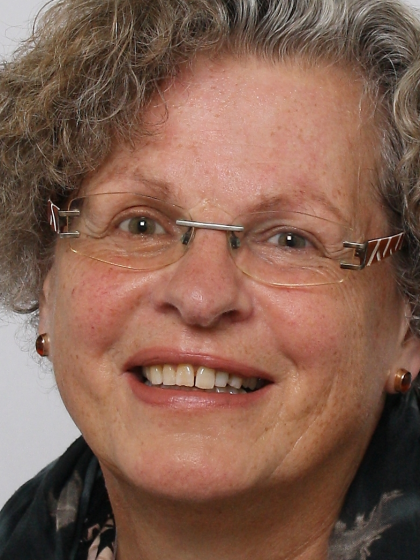
Contact
Functie
PhD student
Qualitative ethnographic research
Syrian diasporic communities in Europe
Migration studies
Syrian diasporic communities in Europe
Migration studies
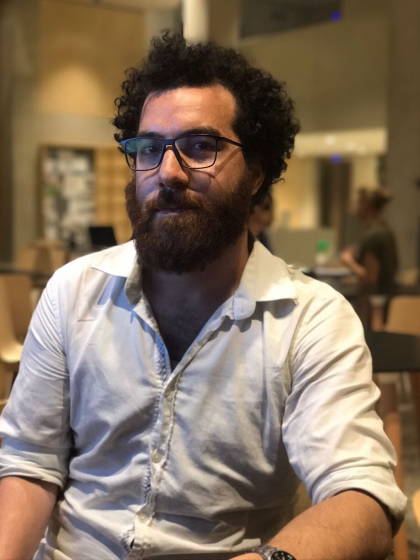
Contact
a.albakkor rug.nl
Functie
Julia Alting is a PhD candidate at the Groningen Research Institute for the Study of Culture (ICOG), where she researches nonlinear approaches to art historical time. Her research and writing have appeared in publications like Metropolis M, Rekto/Verso, ... lees meer
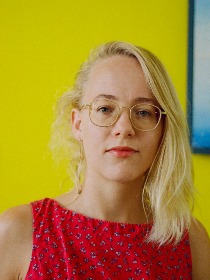
Contact
j.alting rug.nl
Functie
PhD Candidate
Visuele politieke communicatie, Informatievisualisaties, Sociale netwerken, Digitale cultuur, Politieke campagnes
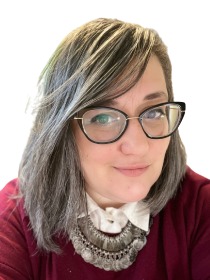
Contact
Functie
Postdoctoal researcher
Modernism, Post-Modernism, the Enlightenment, Theory and Philosophy, Post-Humanism, Imperialism, Cultural Geography, Poetry, Poetics and Publishing
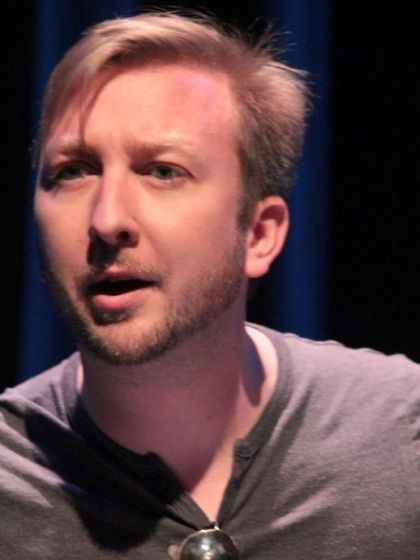
Contact
d.m.ashford rug.nl
Functie
Vanessa Bakhuizen-van 't Hoogt is a PhD candidate at the Department of Art History and Material Culture. Her research is part of the NWO-project Curious Hands. Moving Making to the Core of Education and focuses on the way in which making is learned and... read more
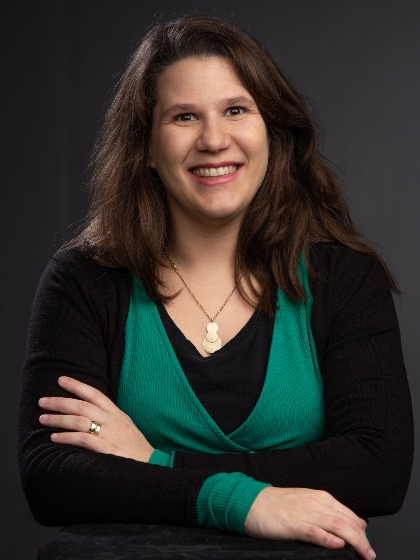
Contact
Functie
PhD candidate
Critical Heritage Studies, heritage in post-conflict societies, contested heritage, culture, identity, representation, story-telling, nationhood, decolonisation
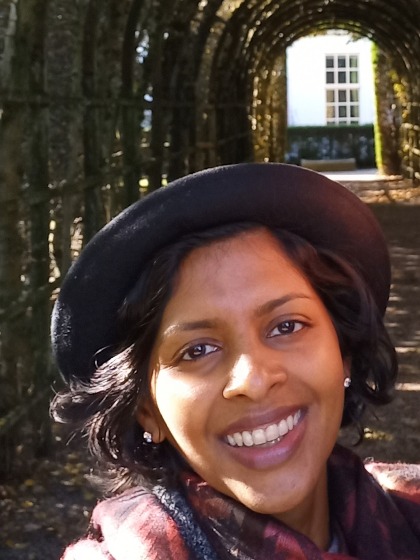
Contact
Functie
Universitair Docent Cultureel erfgoed en identiteit
Semitische talen en culturen, Hebreeuwse taal en literatuur, Middeleeuws-Hebreeuwse dichtkunst (Piyyut), Judeo-Arabische taalkunde en vertaalkunde, Judeo-Islamitische cultuur en dichtkunst.

Contact
w.j.van.bekkum rug.nl
Functie
Emeritus Hoogleraar Midden-Oosten Studies
Citizen science
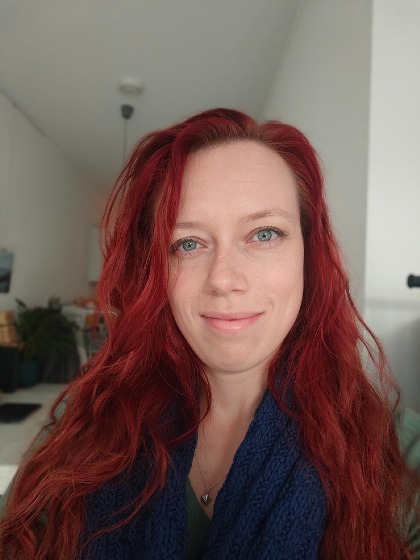
Contact
j.m.bogert rug.nl
Functie
Postdoc researcher
My PhD research focuses on participatory art projects in the Dutch province of Fryslân. Central notions are art, rural communities, participation and 'mienskip'.
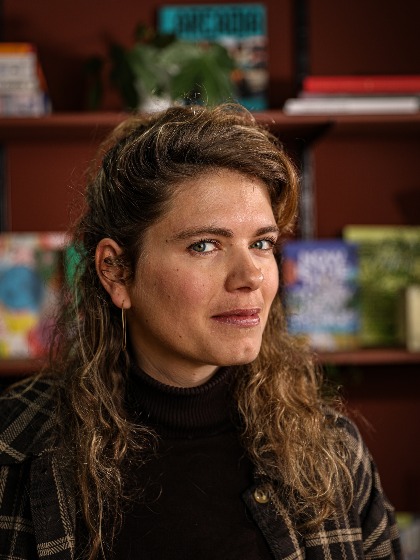
Contact
Functie
Imka Buurke is a PhD candidate at the Department of Art History and Material Culture. Her research is part of the NWO project Curious Hands. Moving Making to the Core of Education and focuses on education at the intersection of art, science and technology... lees meer

Contact
Functie
PhD student
De politiek van geluid en luisteren, radio- en podcaststudies, mediaculturen van gender en seksualiteit, audioarchieven en cultureel erfgoed, queer en feministische mediaproductie en esthetiek, politieke fenomenologie, audio-opname als methode, Canadese... lees meer
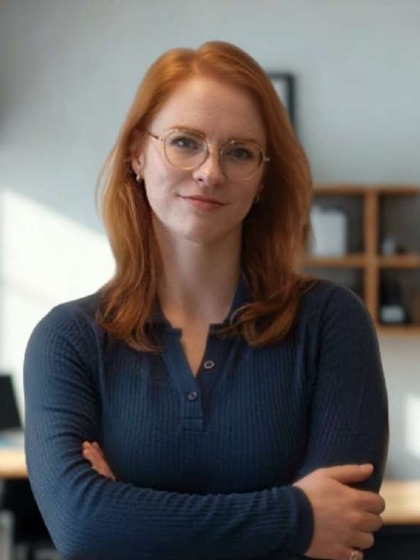
Contact
a.v.m.copeland rug.nl
Functie
Assistent Professor
Cultuurgeschiedenis van de Middeleeuwen; Geschiedenis van het lezen in premodern Europa; Boekgeschiedenis; Europese Letterkunde
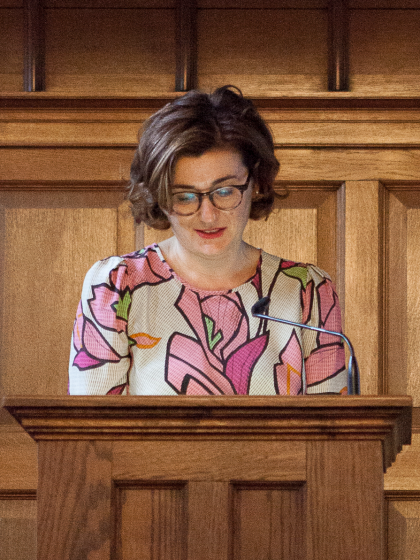
Contact
Functie
Professor "History of Reading in Premodern Europe"
Digital humanities, social networks, history of philosophy, interdisciplinary research, literary theory
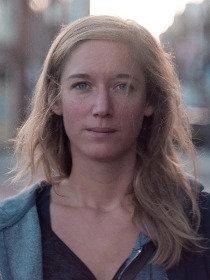
Contact
s.j.donker rug.nl
Functie
Lecturer / PhD Candidate in Digital Humanities
Kunst, Cognitie en Educatie
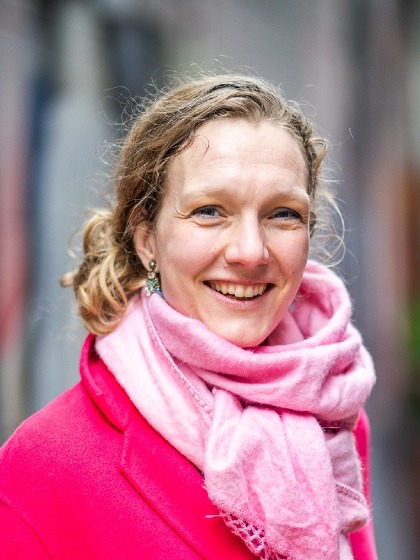
Contact
Functie
Universitair Docent
Cognitiewetenschappen, Theoretische psychologie, Ontwikkelingspsychologie
Thesis: Cultuur als cognitie. Een nauwkeurige beschrijving, operationalisatie en valorisatie van een nieuwe overkoepelende theorie over de oorsprong van ons menselijk vermogen tot... lees meer
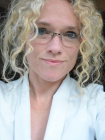
Contact
Functie
PhD student
My PhD project “Tracing Repair: Needlework Mending in and Beyond the Museum” researches sites of textile maintenance and care-work taking place around cultural institutions. Blending interdisciplinary studies on early needlework samplers with... read more
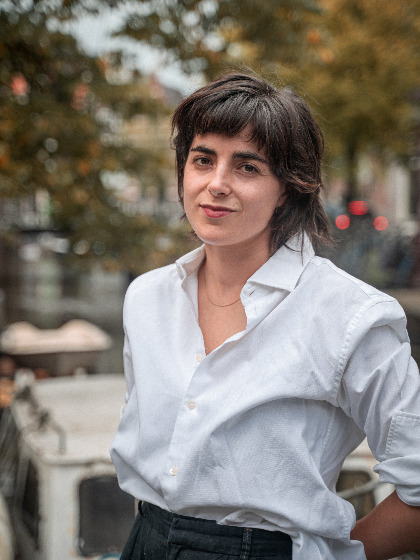
Contact
Functie
PhD student
(Global) Media, Culture and Politics; Internet Governance, Gender, and Technology; Postcolonial and Decolonial theory and research; member of the Digital Constitutionalism Network ; Internet Rights and Principles Coalition ; Global Internet Governance... lees meer
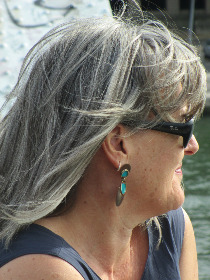
Contact
m.i.franklin rug.nl
Functie
Arts and Cognition, Empirical Aesthetics, Arts and Gender, Neuroaesthetics, Philosophy of Art.
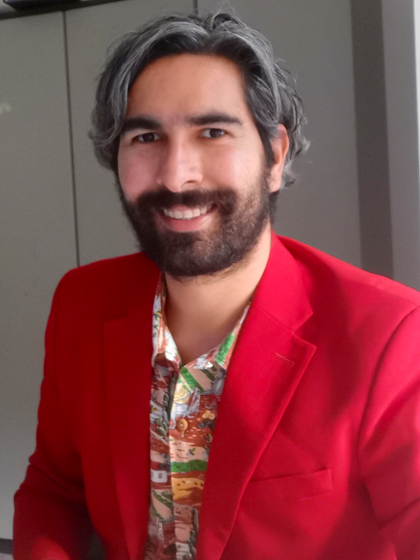
Contact
Functie
PhD student
Muziekwetenschap
Cultuurgeschiedenis
Cultuurgeschiedenis
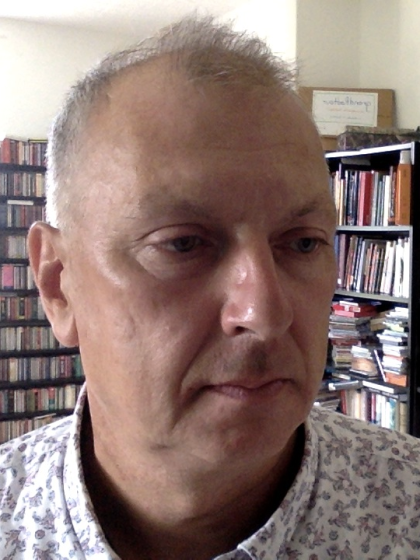
Contact
Functie
Onderzoek
Middeleeuwse Geschiedenis; Cultuur- en Religiegeschiedenis; Human-Animal Studies; Critical Animal Studies; Posthumanisme; Cultureel Erfgoed; Receptie van de Middeleeuwen in Games
Public Engagement
Ontwerp van het educatieve bordspel, Monstrum;... lees meer
Middeleeuwse Geschiedenis; Cultuur- en Religiegeschiedenis; Human-Animal Studies; Critical Animal Studies; Posthumanisme; Cultureel Erfgoed; Receptie van de Middeleeuwen in Games
Public Engagement
Ontwerp van het educatieve bordspel, Monstrum;... lees meer
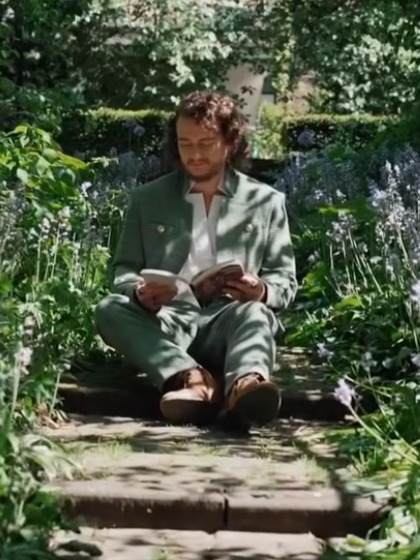
Contact
Functie
Promovendus / Onderwijscoördinator
Stages en arbeidsmarkt voor studenten Letteren
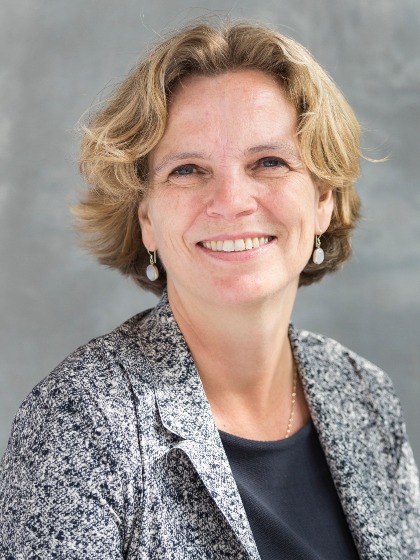
Contact
Functie
Stagecoördinator Letteren
Identity negotiation in companion service
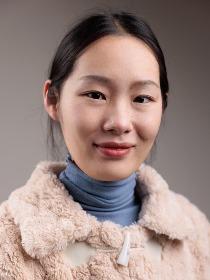
Contact
Functie
PhD student
Julian Hanich is the author of three monographs: The Audience Effect: On the Collective Cinema Experience (Edinburgh UP), Cinematic Emotion in Horror Films and Thrillers: The Aesthetic Paradox of Pleasurable Fear (Routledge) and Friedrich Wilhelm Murnau:... lees meer
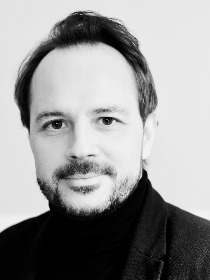
Contact
Functie
Professor of Film Studies
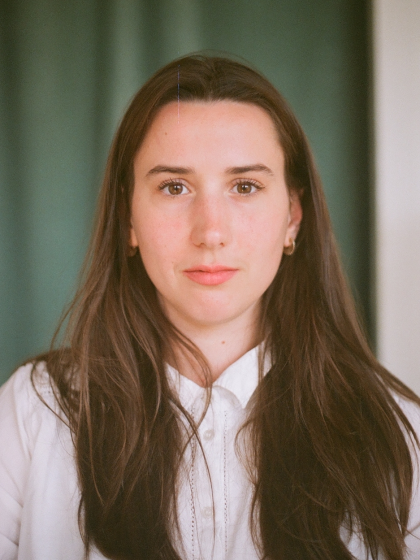
Contact
Functie
Culture, Communication & Leadership
Shakespeare, Presentism & Performance
Ethnic and Racial Studies
Shakespeare, Presentism & Performance
Ethnic and Racial Studies
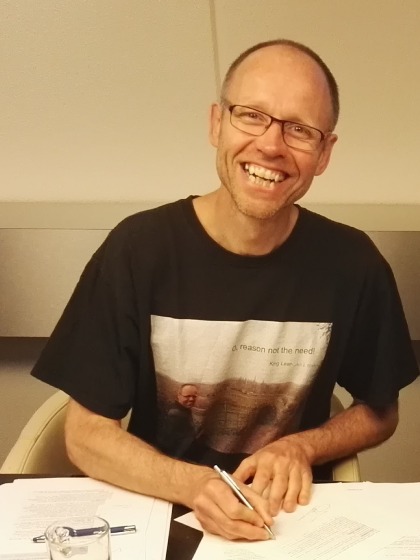
Contact
Functie
Universitair docent
Historical anthropology; medieval and cultural history; methods and theory; history of ideas, esp. the French intellectual tradition; the relationship between religion and the academic discourse; the relationship between texts and images.
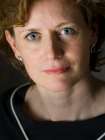
Contact
Functie
universitair docent
voorstellingstheorie, actuele ontwikkelingen in theater, beoordelingsprocessen en theaterkritiek, theaterbeleid.
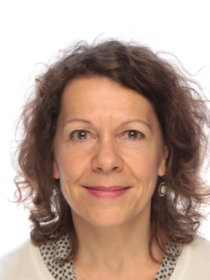
Contact
Functie
docent theaterwetenschap
Cultuurtheorie; cultuur en cognitie; kunst en cognitie; kunst- en cultuuronderwijs
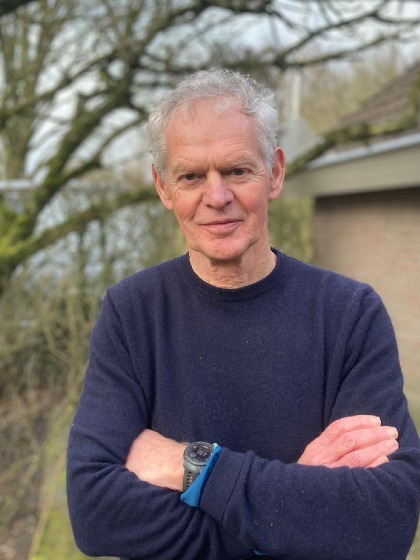
Contact
Functie
Hoogleraar emeritus
Cosima Annabelle Hofacker is promovenda aan het Centrum voor Media- en Journalistiekonderzoek van de Rijksuniversiteit Groningen. Onder begeleiding van
dr. Marília Gehrke ,
dr. Eedan Amit-Danhi en
dr. Scott Eldridge II voert zij een vierjarig... lees meer
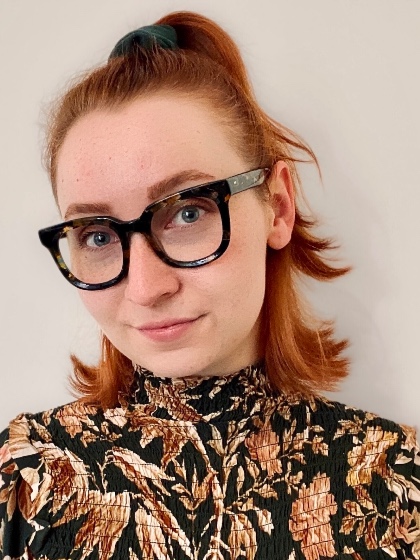
Contact
c.a.hofacker rug.nl
Functie
Promovenda bij het Centrum voor mediastudies en journalistiek
Tweetaligheid, Tweetalige verwerking, Tweetaligheid en verouderingsprocessen, Moedertaalverlies, Tweede Taal Onderwijs
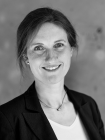
Contact
Functie
Hoogleraar Engelse Taalkunde en Engels als tweede taal / Rosalind Franklin Fellow
Ethnography
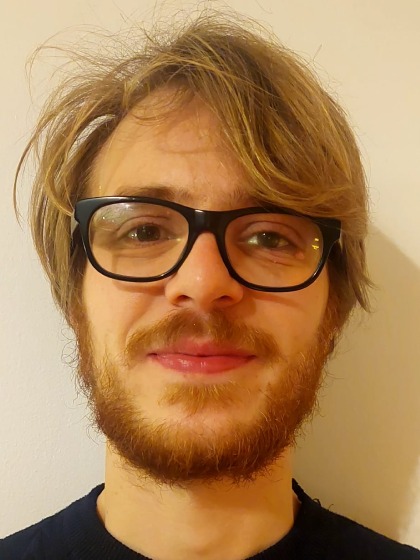
Contact
Functie
Promovendus
(lange) negentiende-eeuwse Engelse literatuur en cultuur (roman, gender, populariteit, Empire, realisme, Anglo-Duitse betrekkingen); reisverhalen (vaak met een focus op China/Hong Kong, theorieën over reizen/schrijven); literaire en poëtische theorie... lees meer
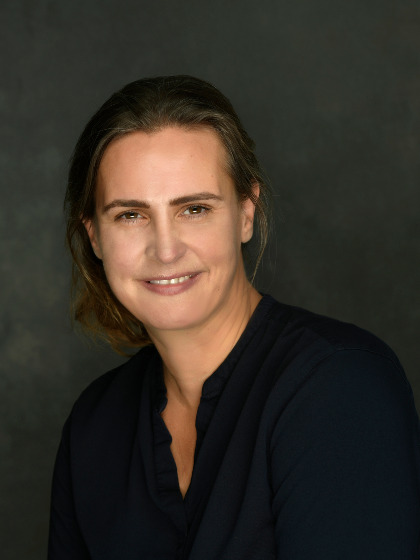
Contact
Functie
My research develops a process-based approach to art and visual material culture. In particular, I study how materials, tools, and practices partake in the meaning making of art; how images and texts represent and reflect creative practices; and how... read more
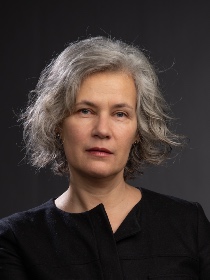
Contact
Functie
Chair of Art History & Material Culture
Daniel Leix Palumbo is a PhD candidate at the Centre for Media and Journalism Studies and the Department of Language, Technology & Culture. Under the supervision of Prof. Dr. Susan Aasman, Dr. Robert Prey and Dr. Matt Coler, he conducts the research... read more
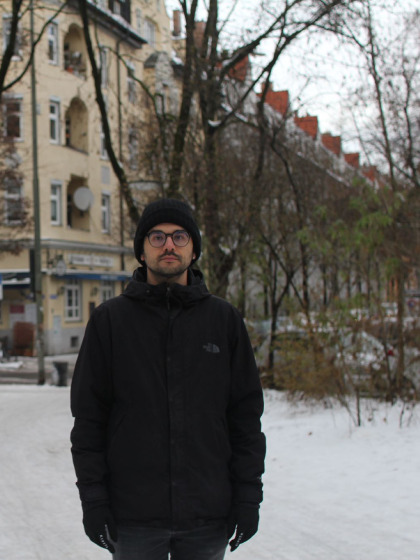
Contact
Functie
PhD candidate
Kuo-Hao Li is a PhD candidate at Media, Cultural Industries & Society at the University of Groningen. Under the supervision of Prof. Dr. M.I. Franklin, he conducts a research project titled “Sonic Agency in Practice: Explorations of Influence,... read more

Juridisch Engels
20e eeuw Amerikaanse literatuur
Engels voor academische doeleinden
Engelse taalvaardigheid
Presentatie vaardigheden
Schrijfvaardigheden
Bevat: BKO
20e eeuw Amerikaanse literatuur
Engels voor academische doeleinden
Engelse taalvaardigheid
Presentatie vaardigheden
Schrijfvaardigheden
Bevat: BKO
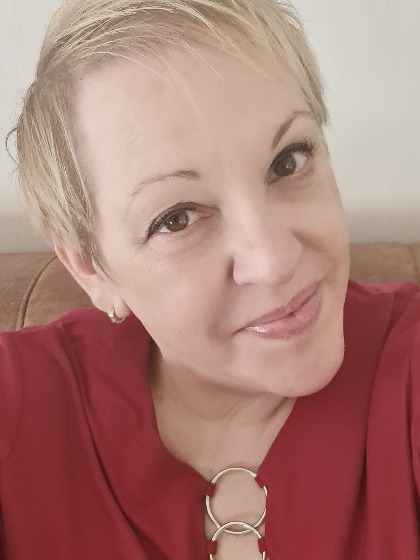
Contact
j.r.van.loon rug.nl
Functie
Docent Engels
Gemma López Canicio is Research Fellow in European Culture and Literature at the University of Groningen. Her expertise is in narrative research, emphasizing artistic-narrative communication (literature and cinema), fiction, story-telling, and... read more
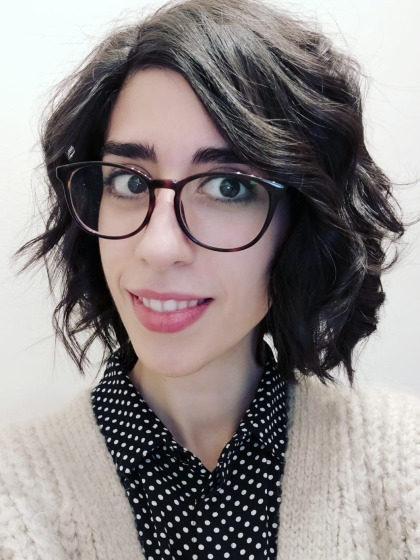
Contact
g.lopez.canicio rug.nl
Functie
modernisme (literatuur, kunst, architectuur), moderne en hedendaagse Britse literatuur (vooral de literatuur van het midden van de twintigste eeuw), literatuur en de levenswetenschappen, literatuur en politiek, milieu-geesteswetenschappen, het genre roman

Contact
a.k.maher rug.nl
Functie
Universitair Docent
Digitale inclusie; Gebruik van digitale media door kinderen - De ontwikkeling van digitale geletterdheid; mediawijsheid; nieuwsvaardigheid; burgerschap
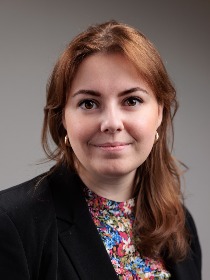
Contact
d.mensonides rug.nl
Functie
Postdoctoraal onderzoeker
History of Brazil and Latin America, Intellectual and Cultural History, History of the Social Sciences
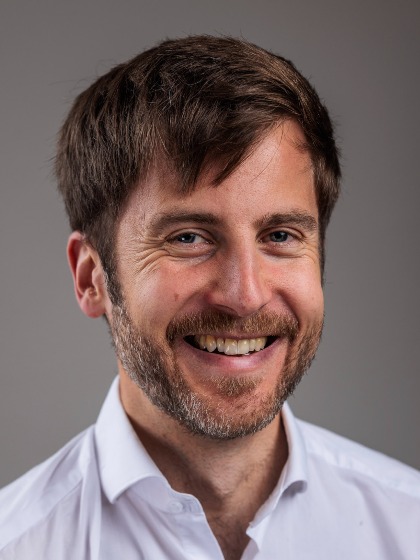
Contact
i.w.merkel rug.nl
Functie
Universitair Docent, Latin American Studies
Decoloniality
Theory from the South
Media & National Identity
Digital & Emerging Media
Video Games
Media Theory
Critical Race Theory
Decolonial Ecopolitics
Theory from the South
Media & National Identity
Digital & Emerging Media
Video Games
Media Theory
Critical Race Theory
Decolonial Ecopolitics
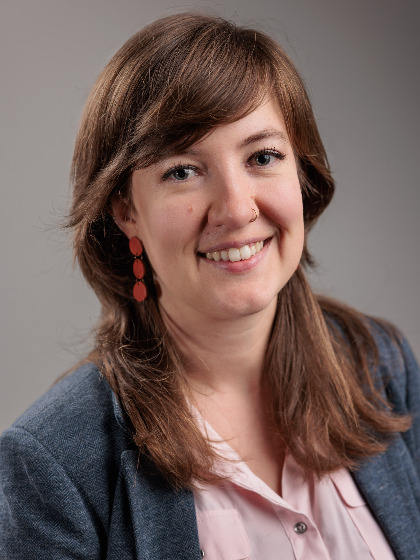
Contact
Functie
Promovendus met een achtergrond in de beeldende kunsten bij het Centre for Media and Journalism Studies en de Knowledge Infrastructure department. Ik combineer creativiteit met participatieve actieonderzoeksmethoden op het snijvlak van Science and... lees meer
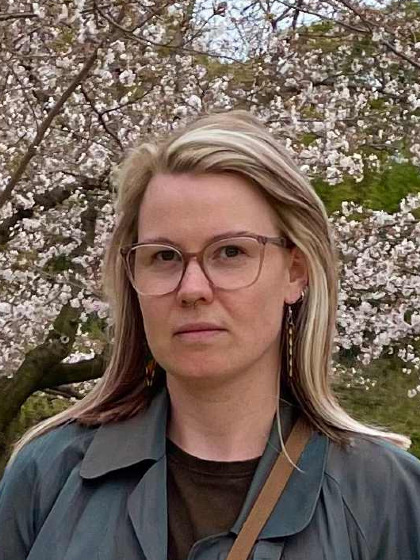
Contact
Functie
Promovendus
Fields of Expertise: Political Theory, Digital Humanities, Ethics
My research focuses on digital democratic innovations and their potential for increased citizens’ participation, deliberation and influence on political decision-making. In particular, I... read more
My research focuses on digital democratic innovations and their potential for increased citizens’ participation, deliberation and influence on political decision-making. In particular, I... read more
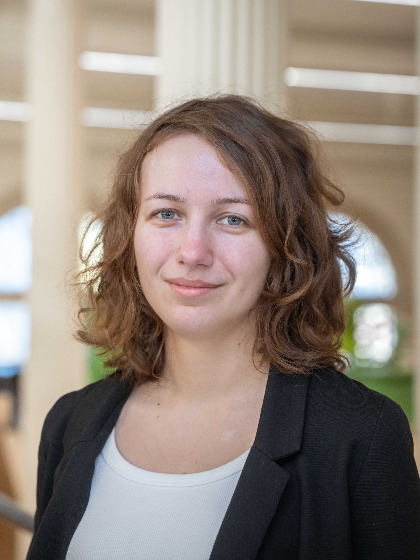
Contact
a.a.mikhaylovskaya rug.nl
Functie
Postdoctoraal Onderzoeker in Politieke Theorie/Digitale Democratische Innovaties
Media and Communication, Digital Media studies, Migration and Diaspora studies, Gender studies, Postcolonial studies, Cultural studies
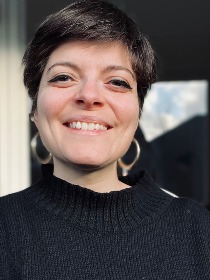
Contact
c.minchilli rug.nl
Functie
Assistant Professor
Vakgebied
Research expertise in the areas of gender and feminisms, decolonization, and poverty, through the lens of tourism. Also interested in qualitative approaches to research, in particular arts-based and decolonizing methdologies.
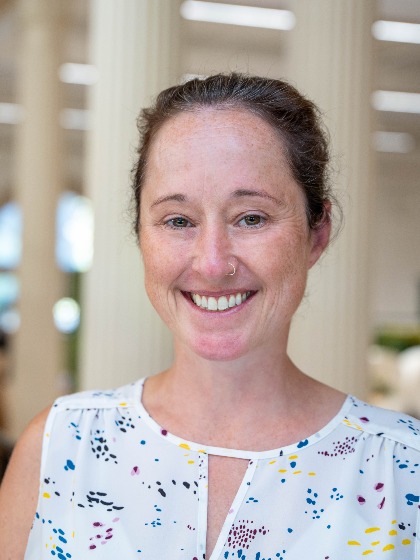
Contact
m.l.muldoon rug.nl
Functie
Hoofdthema in mijn onderzoek is existentiële oefenruimte, ruimte waarin je kunt leren delen wat er in het leven toe doet. Wat draagt bij aan die betekenisvolle uitwisseling in verschillende werk- en zorgcontexten? Projecten:
1) HORIZON Psypal. Spirituele... lees meer
1) HORIZON Psypal. Spirituele... lees meer
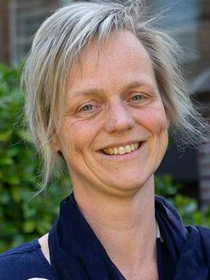
Contact
Functie
Hoogleraar godsdienstpsychologie met bijzondere aandacht voor geestelijke verzorging en welzijn
Cleo Nisse received her PhD and MPhil in art history from Columbia University, New York, in 2024. Prior to that she trained as a paintings conservator at the Courtauld Institute, London and holds a B.A. in history from Cambridge University. Immediately... read more
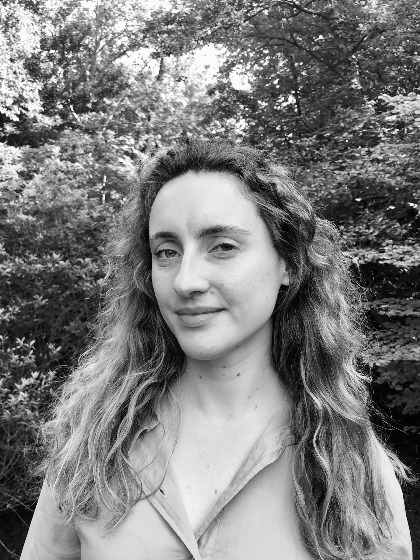
Contact
Functie
Assistant Professor
Film Theory, Aesthetics of Technology, Visual Media, Experimental Media Archaeology, Theory and History of the Grotesque.
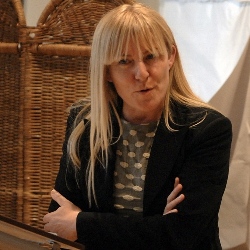
Contact
Functie
Arts Culture and Media / Film
Belichaming, mobiliteit, technologie, digitale geografieën, methoden.
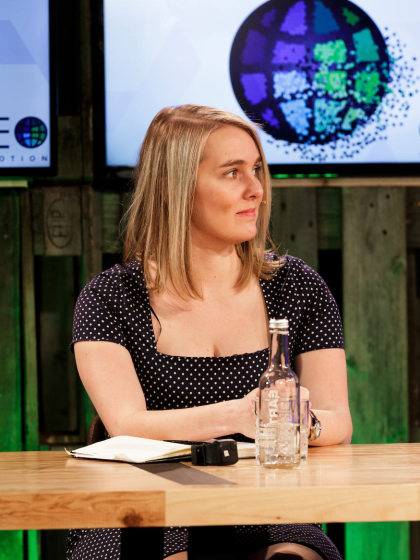
Contact
Functie
Onderzoeker & universitair docent
My research explores the intersection of materials, techniques, and historical contexts in painting and visual culture with a focus on the 19th and 20th century. My first book, published in 2020, examines the concept of "ground" in 19th-century art, and... read more
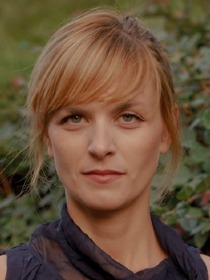
Contact
Functie
Assistant Professor for Modern and Contemporary Art
Cultural Sociology
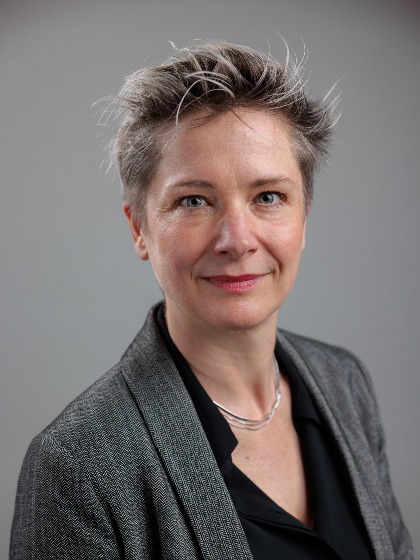
Contact
Functie
Universitair Docent Cultuursociologie
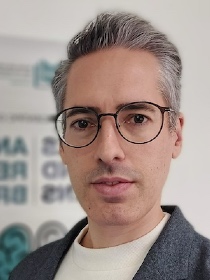
Contact
Functie
Assistant Professor in Computational Humanities
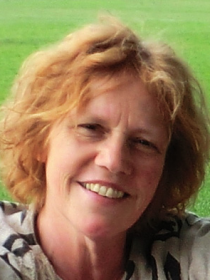
Contact
Functie
Universitair Docent & Medisch psycholoog/psychotherapeut
Bijbel, Dode Zeerollen, Kunstmatige Intelligentie en paleografie, Jodendom in de Grieks-Romeinse periode, archeologie, antieke wetenschappen, astrologie, fysiognomie en magie
zie ook http://www.rug.nl/news-and-events/people-perspectives/inbeeld/mpopovic
zie ook http://www.rug.nl/news-and-events/people-perspectives/inbeeld/mpopovic
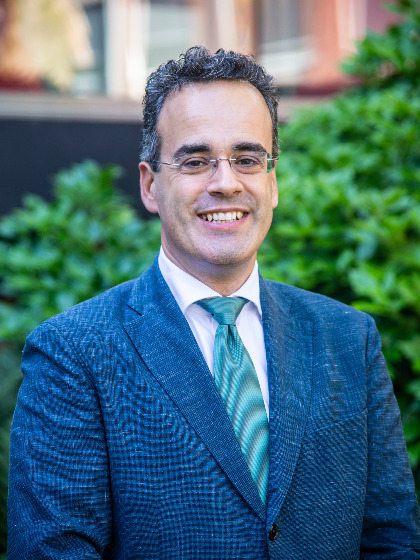
Contact
Functie
Hoogleraar Oude Testament en Antiek Jodendom
Stripwetenschap; narratologie; English for Academic Purposes; 20ste en 21ste eeuwse Amerikaanse literatuur; graphic narrative; woord en beeld
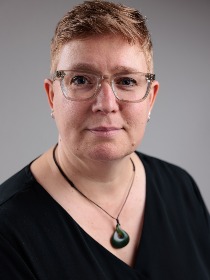
Contact
Functie
Docent
Adaptation Studies, Transmediality, Intermediality, Folklore Studies (Fairy Tales), Comparative Literature, Critical AI Studies
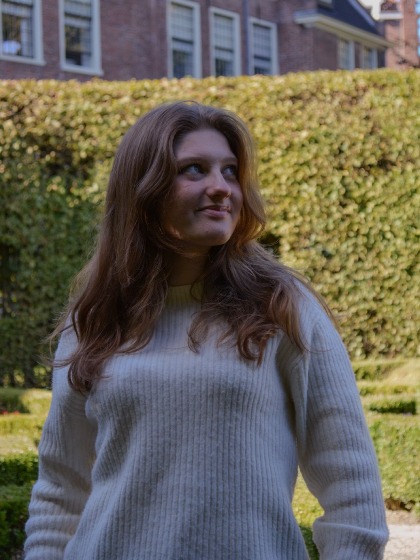
Contact
r.r.raddatz rug.nl
Functie
Docent Media Studies
Digital Humanities, GIS & spatial analysis; maritime archaeology
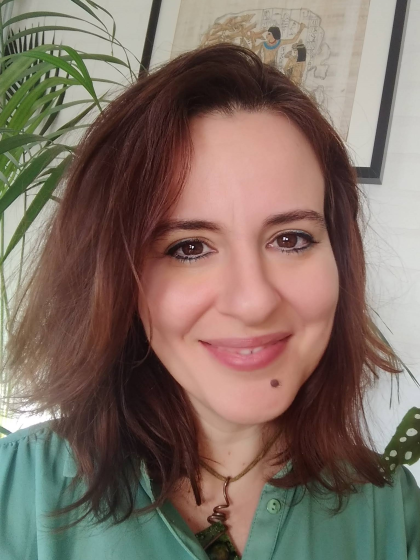
Contact
m.ritondale rug.nl
Functie
Postdoctoral Research Associate
critical approaches to American literature, art, and media, 1900 to the present; modernism; utopia in literature, theory, and history; the culture of politics and politics of culture in the 21st century
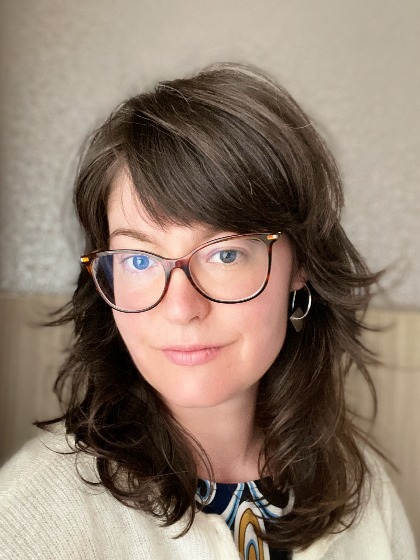
Contact
Functie
Universitair Docent 1
Sabina is an Assistant Professor of Cultural Heritage at the University of Groningen, serving the multi-disciplinary faculty of Campus Fryslan.
She is a laureate of the prestigious MSCA Postdoctoral Fellowship. Her project “Transformation of Female... lees meer
She is a laureate of the prestigious MSCA Postdoctoral Fellowship. Her project “Transformation of Female... lees meer

Contact
s.rosenbergova rug.nl
Functie
Assistant Professor of Cultural Heritage & Marie Curie Fellow
Kwalitatief onderzoek, Ideal Type Analyse, Zingeving bij laaggeletterdheid en armoede
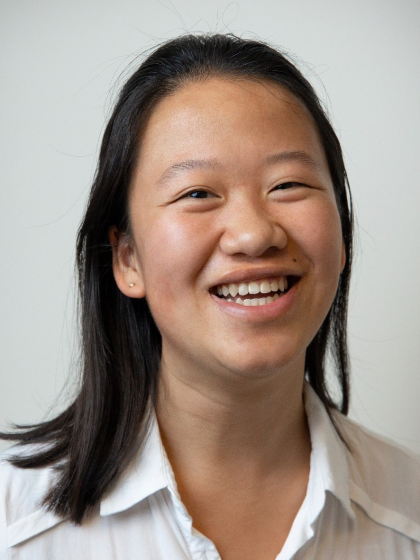
Contact
Functie
PhD student
Science and Technology Studies, Media studies, User research, Co-creatie/co-design praktijken, Living lab methodes, Digital Humanities, Serendipititeit, Informatiewetenschap
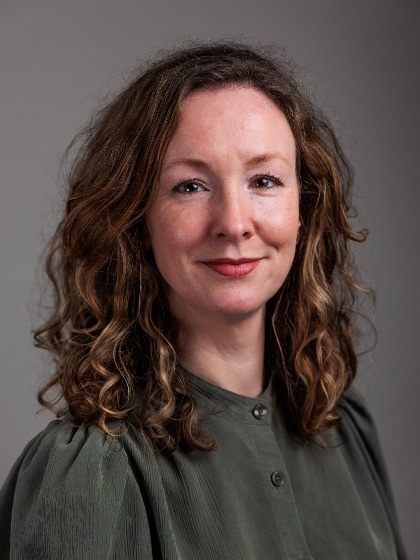
Contact
Functie
Assistant professor Media Studies
Multimodal Communication, Multimodal Document Design, Interaction and Discourse, Corpus Analysis, Evaluation Methods
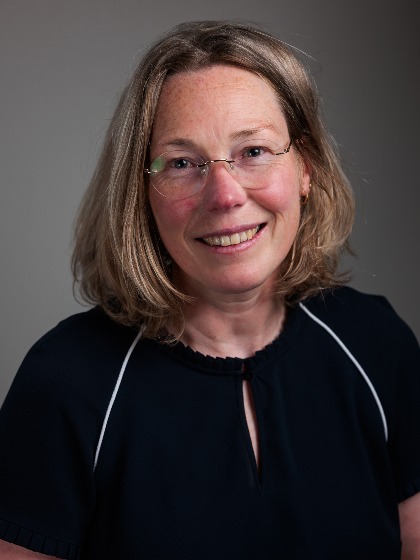
Contact
Functie
Assistant Professor
Erfgoed, historiografie, koloniale geschiedenis, musea, museale collecties en publieksgroepen
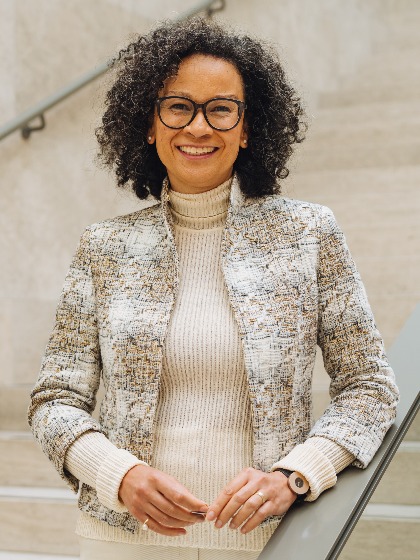
Contact
v.t.smeulders rug.nl
Functie
Bijzondere leerstoel ‘Musea, erfgoed en religie’

Contact
a.p.smit rug.nl
Functie
PhD Candidate
Memory Studies
Platform Studies
Critical AI Studies
Media Theory
Platform Studies
Critical AI Studies
Media Theory
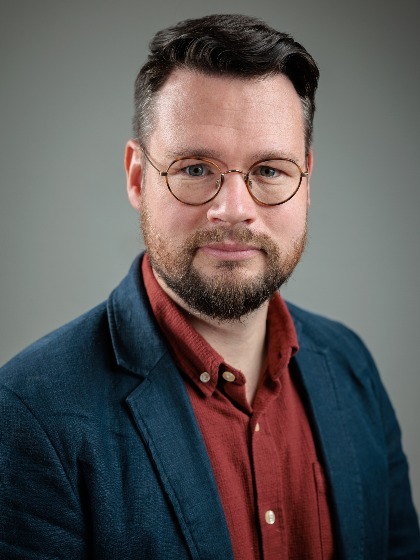
Contact
Functie
Universitair Docent Media Studies
Kocku von Stuckrad is Professor of Religious Studies at the University of Groningen. He has published extensively on topics related to the history of religion, science, and philosophy in Europe and North America. Professor von Stuckrad served as President... lees meer
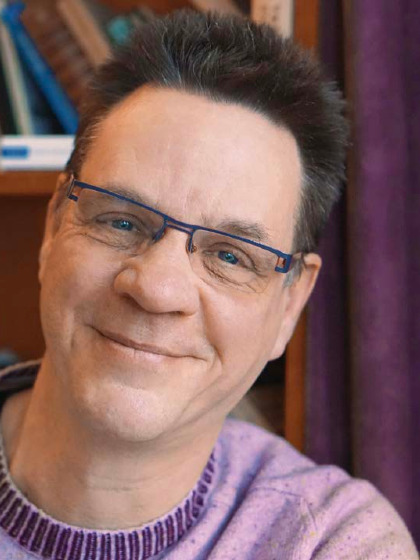
Contact
Functie
Hoogleraar Religiewetenschap
- Hebreeuwse Bijbel
- Targoem
- Jodendom
- Hebreeuws, Aramees
- Targoem
- Jodendom
- Hebreeuws, Aramees

Contact
j.m.tanja rug.nl
Functie
Docent Hebreeuwse Bijbel en Jodendom
Religion, Conflict, Peacebuilding and Reconciliation; Climate Change, Conflict, Peace and Security; Religion and Politics; Religion and Human Security; Community Development; Civil Society and Social Movements;
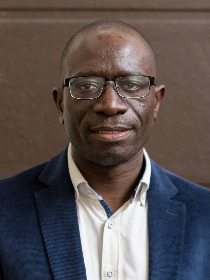
Contact
Functie
Associate Professor
American Studies
Colonial America
The American Revolution
The Early American Republic
The US South
The early modern Atlantic World
Ethnicity, national identity, and race
Colonial America
The American Revolution
The Early American Republic
The US South
The early modern Atlantic World
Ethnicity, national identity, and race
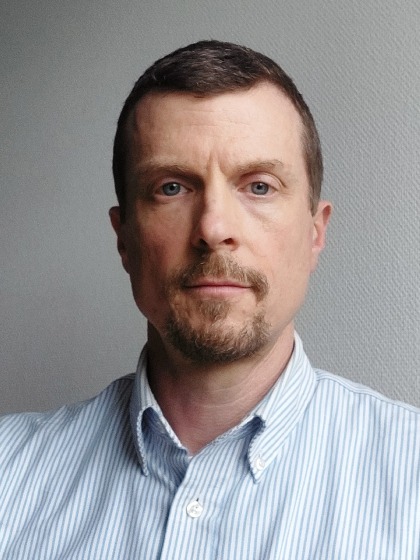
Contact
Functie
Universitair Docent
Pablo Valdivia is Chair-Full Professor of European Culture and Literature (University of Groningen), Director Groningen Research Institute for the Study of Culture ICOG (University of Groningen), Accreditated Full Professor [Catedrático Universidad] of... read more
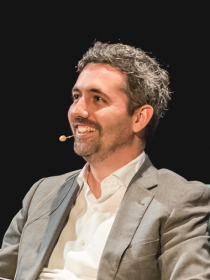
Contact
p.valdivia rug.nl
Functie
Vera Veldhuizen werkt als universitair docente bij zowel Europese Talen en Culturen en Kunst, Cultuur en Media aan de Rijksuniversiteit Groningen, Faculteit der Letteren. Hiervoor deed ze haar promotieonderzoek in jeugdliteratuur aan Cambridge... lees meer
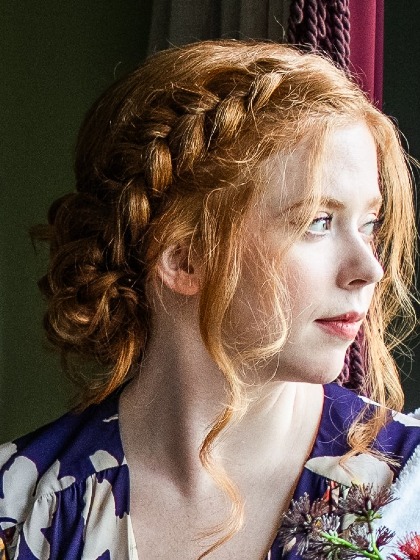
Contact
Functie
Universitair Docent
Dr. Pieter Verstraete holds a PhD degree in the Humanities from the Department of Theater Studies and the Amsterdam School for Cultural Analysis of the University of Amsterdam. His expertises are in Theatre and Performance Studies, Sound and Audio Culture... read more
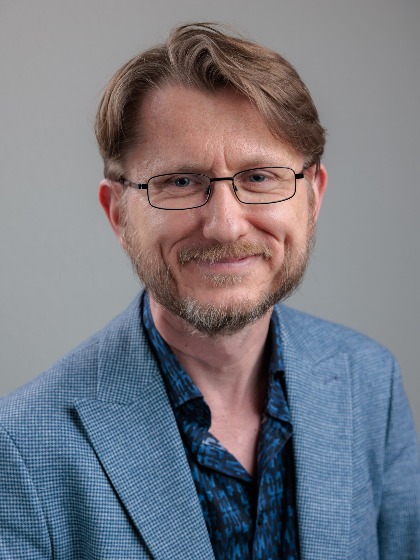
Contact
Functie
Ass. Prof. in Arts, Culture and Media
Postcolonial European cultural identity, South African culture, the Afrikaans literary field and the public sphere. Transnational cultural production. Interdisciplinary project-based education.
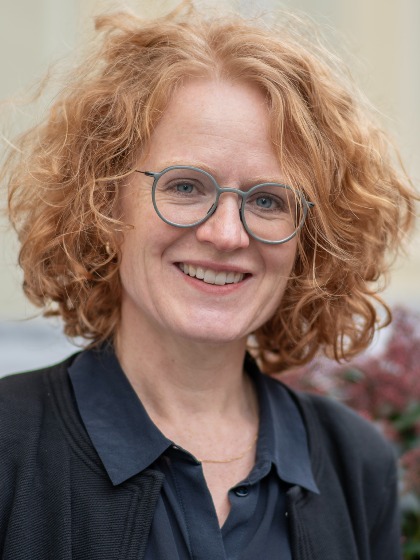
Contact
Functie
Associate Professor and Director of Studies Erasmus Mundus Master Euroculture: European society, culture, and politics in a global context. Also Endowed Chair of South African literature, culture and history (University of Amsterdam)
Religie en populaire cultuur; rituele studies; fan studies; digitale etnografie; cultureel erfgoed.
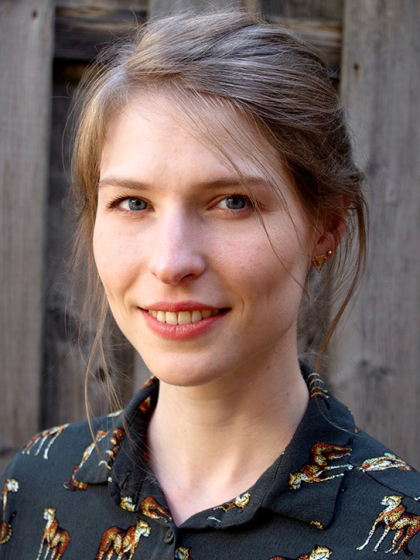
Contact
w.f.wagenaar rug.nl
Functie
PhD student
Human Cognition
Ecological Humanities
Cross-Species Comparisons
Ecological Humanities
Cross-Species Comparisons

Contact
Functie
Universitair Docent
History of religion & politics; history of Europe in the twentieth century, especially France; human rights; modern & contemporary Christianity, especially dissident forms of Catholicism and Protestantism; history of warfare and war atrocities;... read more
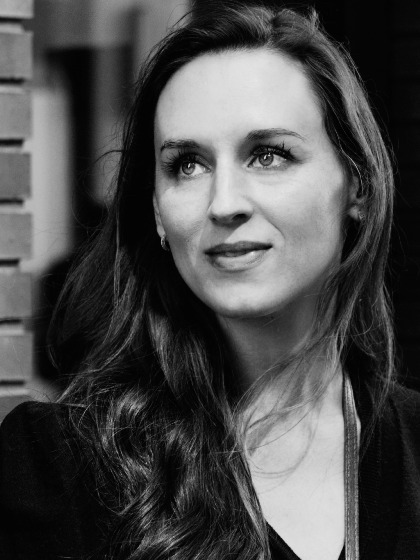
Contact
Functie
Universitair Docent
Marline Lisette Wilders is an audience and reception researcher in the arts. She specializes in aesthetic experiences in relationship to the experience of space and place, focusing on theatre architecture and theatre space, found spaces, industrial... lees meer
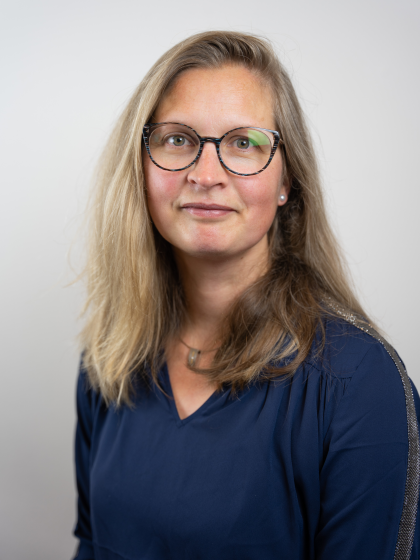
Contact
m.l.wilders rug.nl
Functie
Universitair Docent Kunst en Maatschappij / Empirische Onderzoeksmethoden Geesteswetenschappen
Religion and diplomacy, secularism, refugees and forced migration, human rights, development, global justice, globalization, climate change
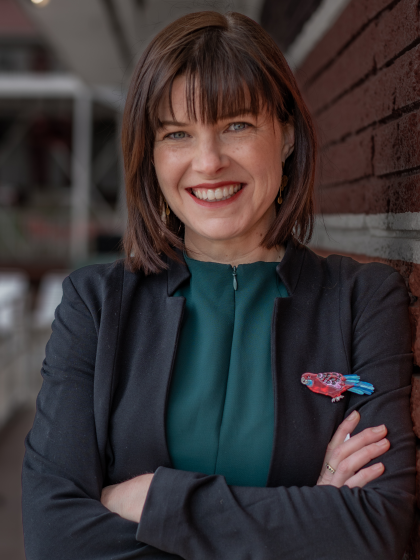
Contact
Functie
Hoogleraar Politiek en Religie
Natuurbescherming, energietransitie, energiecooperaties, wetenschapsdynamica
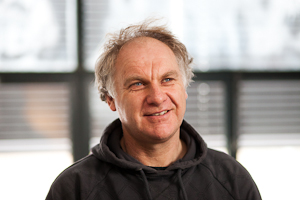
Contact
Functie
Universitair Hoofddocent
Digital Humanities, Computational Literature, Cultural Evolution, Fan Study, Knowledge Representation, NLP
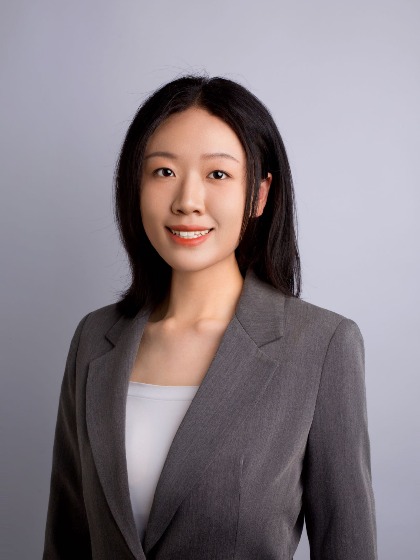
Contact
Functie
Digital Humanities, Computational Literary Studies, Comparative Studies

Contact
Functie
PhD student
Digital Humanities, Multimodality, Computational Linguistics
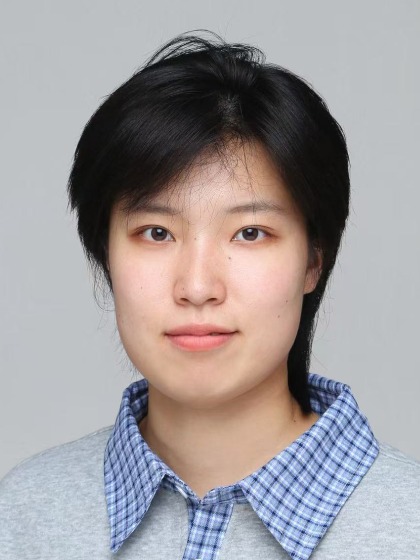
Contact
Functie
PhD student
View this page in: English
